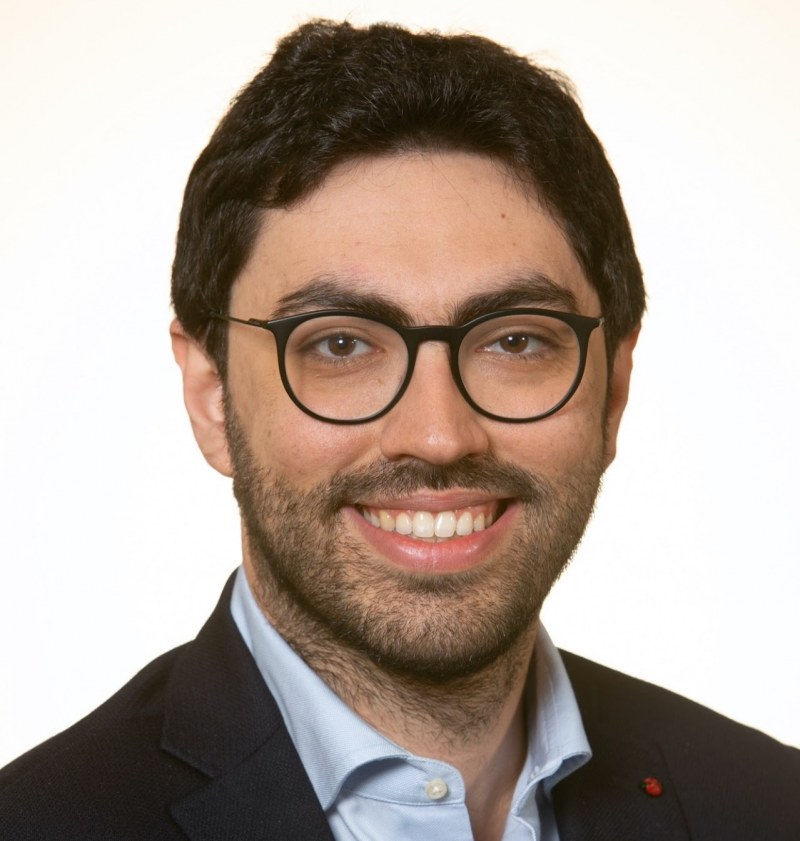CESifo Award for alumnus Francesco Capozza
Tinbergen Institute alumnus Francesco Capozza has won the 2024 Distinguished CESifo Affiliate Award in public economics for the paper "Who Should Get Money? Estimating Walfare Weights in the US." The price was awarded during the CESifo Annual Area Conference on Public Economics.

This Paper, which is co-authored with Krishna Srinivasan (University of Zurich, Switzerland), elicits the welfare weights assigned by the general population of the U.S. using a real-stakes experiment. We find that the general population weights are more progressive than the weights implied by tax and transfer policies in the U.S., indicating that the general population desires additional redistribution. The general population weights are less progressive than those frequently used in the literature. We explore the implications of these weights for optimal income taxes. Full working paper is published on Francesco’s personal website.
Francesco completed the Tinbergen Institute research master program in 2019 and obtained his PhD in Economics at Erasmus University Rotterdam in June 2023. He is currently a research fellow at WZB and Berlin School of Economics, Germany. He is an Applied Microeconomist and draws insights from Behavioral Economics to tackle research questions in the domain of Political Economy (news consumption and polarization), Mental Health and Public Economics (welfare weights). He likes to combine experimental methods, such as Online and Field Experiments, with machine learning techniques as well as NLP.